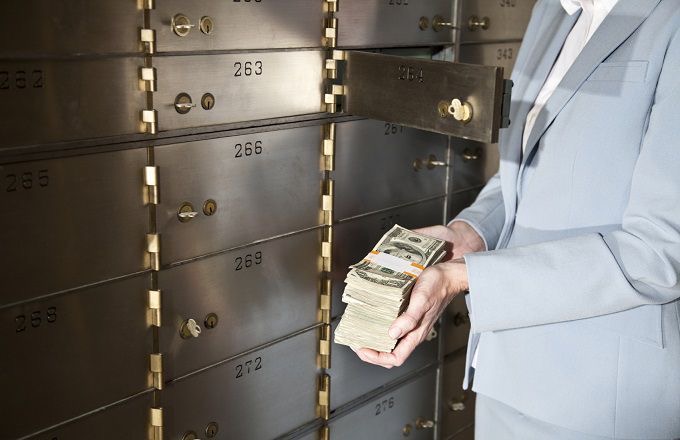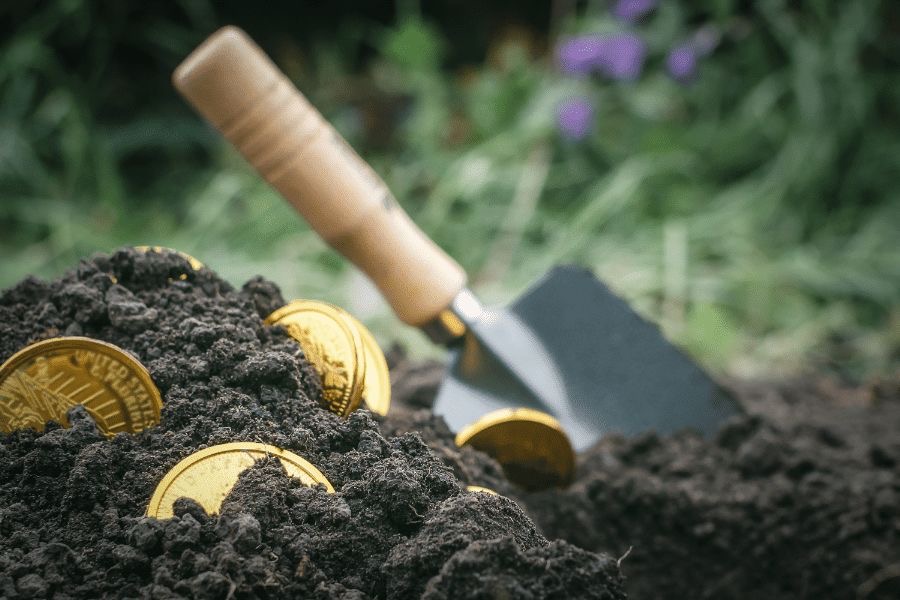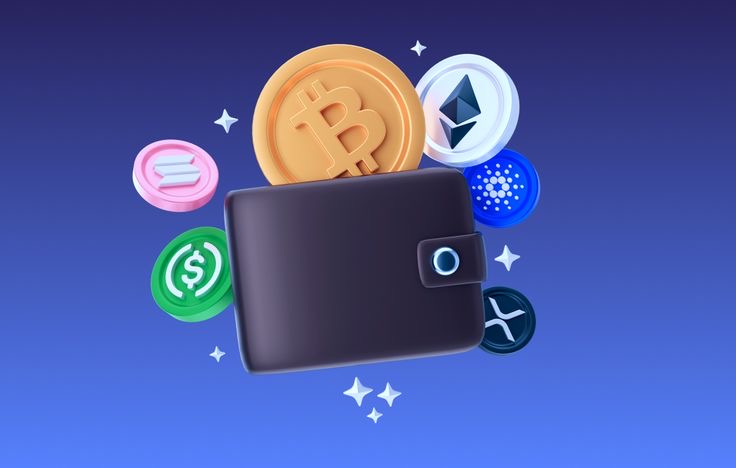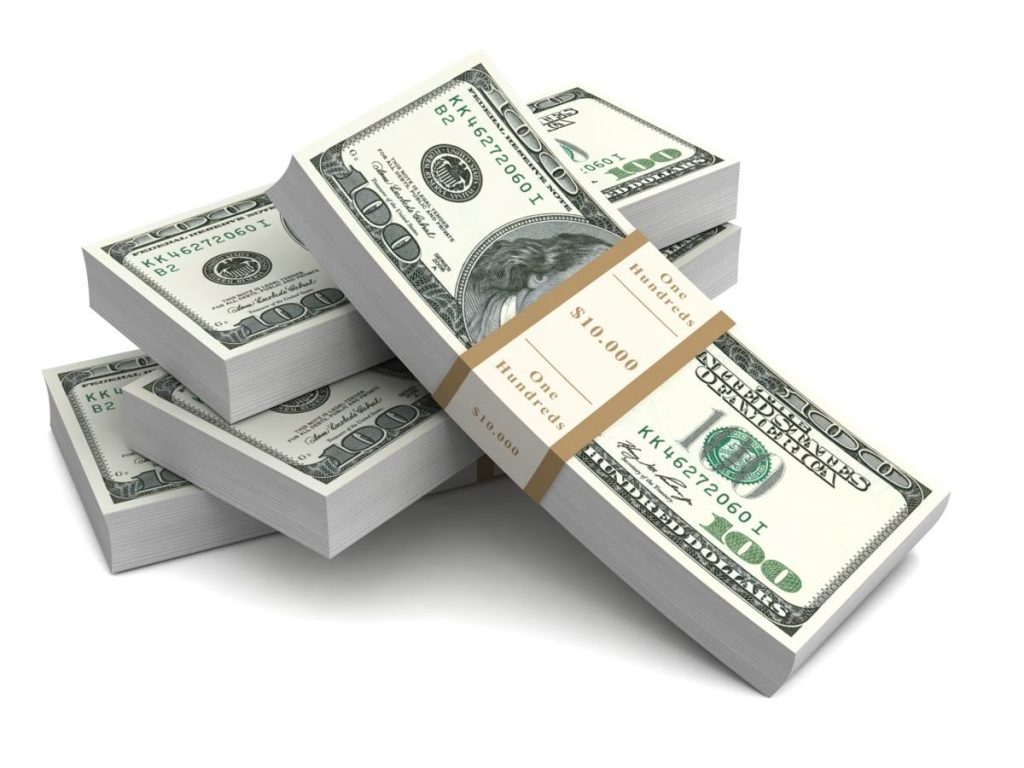There are smart and risky spots to store your cash, and it’s essential to know the difference. Piere, an app that helps people manage their money with the help of AI, conducted a recent survey. The survey found that the average American keeps about $544 in cash or valuables hidden in their homes.
While it’s okay for anyone to want to keep their money safe, hiding it in the wrong place can do more harm than good. An example is a story of a woman who was shared back in 2009. The woman did not know her mother had hidden about $1 million in cash inside an old mattress. This woman accidentally threw the mattress with the money away.
Even if you keep your money at home and don’t mistakenly throw it out, there are still significant risks. For instance, your home insurance might not cover cash or even cryptocurrency. Even if it covers valuables, there may be a policy limit on how much the insurance company will pay if something happens, such as a fire or robbery. Also, if you are keeping cash or its equivalent at home, you will miss out on interest that you could earn by keeping it in the bank.
This then leads us to an important question:
Where are the smart and risky spots to store your cash, valuables, or crypto?
Cash
Hiding your money in your mattress, vase, or freezer might seem like a good or safe idea. However, it is really not the best way to keep it secure. A better option is to put your money in a bank or credit union. The government usually protects these places; the FDIC for banks and the NCUA for credit unions. Therefore, even if the bank closes down, your money is still safe up to a certain amount.

If you want to earn a bit more from your savings, you can use a high-yield savings account. Another option is a money market account. These accounts will pay you more interest than a regular savings account. However, there are some things you should check first. You should make sure you know if there is a minimum amount of money you need to keep in the account or if there are any fees to pay.
If you plan to leave your money untouched for a while, a certificate of deposit (CD) may be a good choice. With a certificate of deposit, you agree to keep your money in the bank for a set amount of time. In return, the bank will give you a higher interest rate. However, if you take the money out too early, that is, before the time you set, you might have to pay a fee.
ALSO READ: Top 10 Cryptocurrencies to Invest in if You Missed Out on Bitcoin in 2010
Coins and Other Valuables
If you store your coins or other valuables at home, make sure you write down what you have. You can also take pictures of everything you are keeping. This is important in case something happens. For example, if a fire or theft occurs, you can show proof to your insurance company.

Another option is to keep your valuables in a fireproof safe to protect them better. You can also rent a safe deposit box in a bank. Although it costs money to rent a safe deposit box at the bank, your valuables will likely be more secure than when you keep them at home.
If you have a lot of gold or precious metals, you can keep them with gold dealers who offer special storage. Their places often have temperature control and strong security to keep precious metals safe, so you have little to worry about.
ALSO READ: Trump’s Win Pushes Gold to Nearly 2-Month Lows As Investors Shift to Equities and Cryptocurrencies
Crypto
Many people ask whether it’s better to store crypto in a wallet or leave it on an exchange. The answer is that it depends on how you plan to use your crypto and how well you can safeguard your details.

If you use cryptocurrency, do not write your wallet password on paper. Try to memorize it or save it online. It’s essential to do this because you could lose it or someone could steal it.
A much safer option is to use a trusted crypto exchange. This is like a website or app made for buying and selling cryptocurrency. You can also use special devices designed to hold crypto securely.
There are two main types of crypto wallets:
- Cold wallet: This kind of wallet is not connected to the internet. This makes it harder for hackers to break in, so it’s a safer choice if you have a lot of cryptocurrency.
- Hot wallet: This type of wallet is online, making it easier to send and receive cryptocurrency. However, because it’s on the internet, it’s a bit riskier when it comes to hackers.

